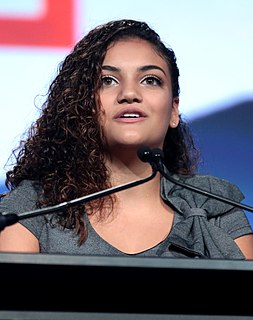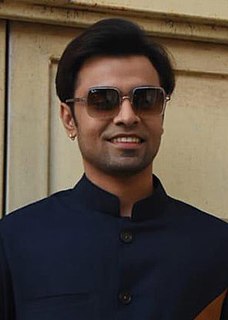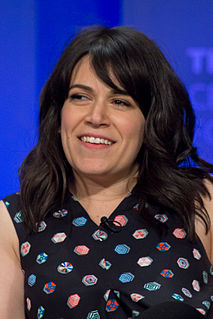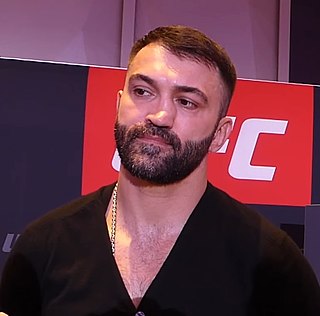A Quote by Steven Knight
Peaky' is a very personal thing for me because it's based on stories that I was told as a kid by my parents. At the very beginning, I tried to have other writers involved but it just didn't work.
Related Quotes
I'm very fortunate, and the movies that I've made, even from the very beginning, have been very eclectic. The thing for me is: Am I emotionally engaged in the idea? Is there something special about it? Does it capture my imagination? So everything that I do is simply something that turns me on. And I have the good fortune to be able to make bigger movies and television that ostensibly pay for the other ones. I don't mean literally finance the movies. But they allow me to work on things for very little pay. I do these things because I love them.
I think whatever is going on with my brain, I'm very, very - and I'm not saying this as a positive thing, it's just a fact - I'm very creative. I have a very strong imagination, and have since I was a little kid. That is where a lot of my world comes from. It's like I'm off somewhere else. And I can have a problem in life because of that, because I'm always off in some other world thinking about something else. It's constant.
Greg Jackson, he gave me hope you know. He told me listen, you're absolutely not done yet. You have a lot of work to do. If you want to start everything from the beginning, just come to Albuquerque. Come to my clinic. He's a very smart guy and he's a very educated coach, and I enjoy working with him.
Writers imagine that they cull stories from the world. I'm beginning to believe that vanity makes them think so. That it's actually the other way around. Stories cull writers from the world. Stories reveal themselves to us. The public narrative, the private narrative - they colonize us. They commission us. They insist on being told. Fiction and nonfiction are only different techniques of story telling. For reasons that I don't fully understand, fiction dances out of me, and nonfiction is wrenched out by the aching, broken world I wake up to every morning.
I grew up in a very loving middle class family. My parents were educators. I'm not even the first PhD in my family. They tried to shield me, just as other parents in my neighborhood tried to shield their children. But you knew there was a reason that you couldn't go to that theme park or to a movie theater or to a hamburger stand. They couldn't shield you completely. What they did though was they never let it be an excuse for not achieving, and they always said racism is somebody else's problem, not yours. They tried in that way not to make us bitter about Birmingham.
I do respect Donald Trump. And I think he has a very strong view in terms of security. And we are very strong allies and we work very closely together in Middle East and in order to fight against terrorism. But we didn't agree on two to three issues, and the very first one was on climate. And what it told me is that I took a commitment vis-à-vis my voters. And I told them it was not good for the U.S. and especially the U.S. workers. I tried to convince them. I do believe that on the mid- to long-run it's not true. And I do believe it's important to have on board the U.S. government.
The plot is very important because writers have to play fair with their readers, but no one would care about the plot if the character work wasn't there. So, basically every book I work on starts with me thinking not just about the bad thing that's going to happen, but how that bad thing is going to ripple through the community, the family of the victim, and the lives of the investigators. I am keenly aware when I'm working that the crimes I am writing about have happened to real people. I take that very seriously.




































